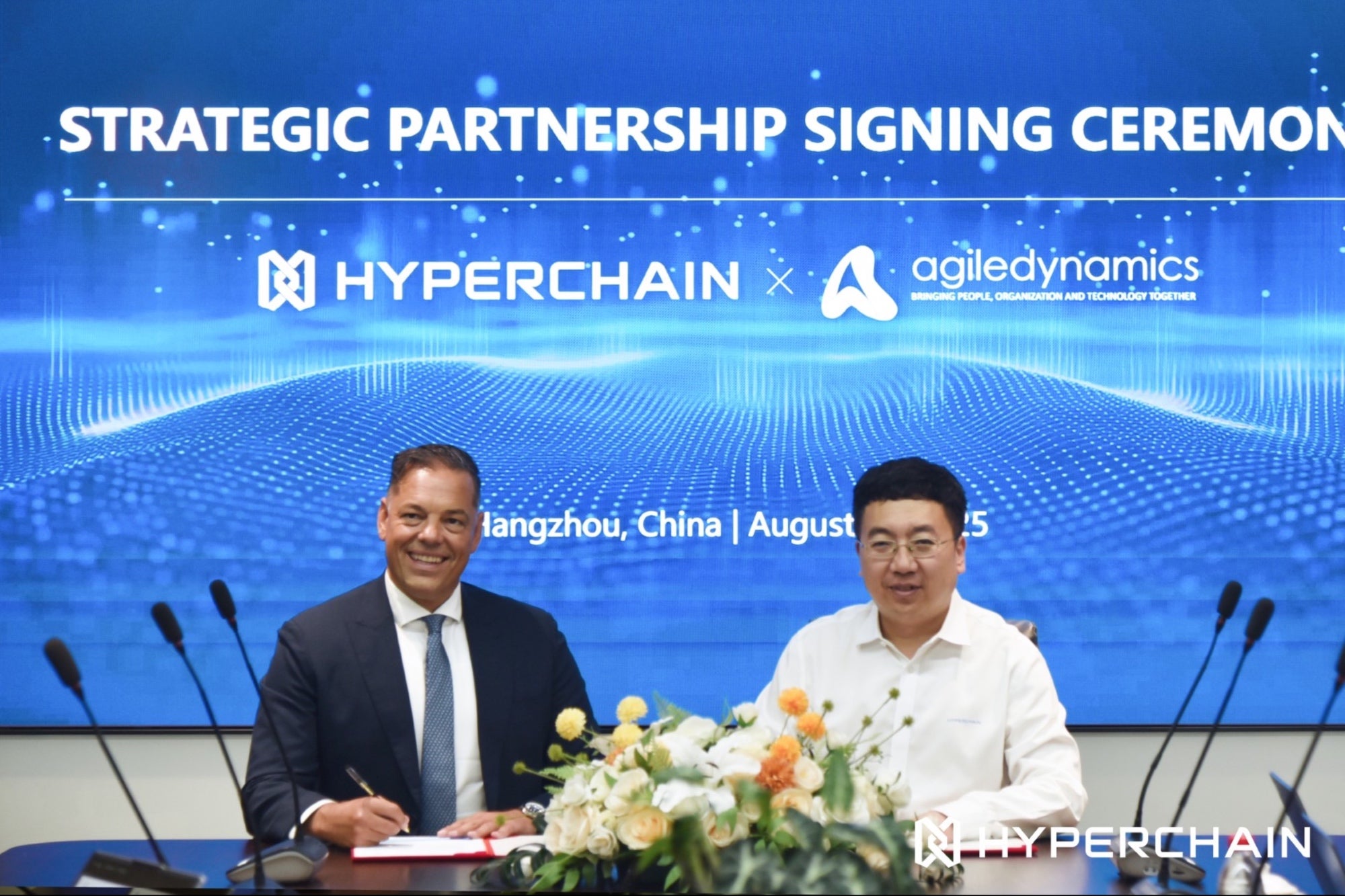Emirati Women Lead the UAE's Digital Future through Lifelong Learning and Upskilling To lead the nation towards a more resilient, knowledge-based future, empowering women of all ages must remain at the heart of the country's sustainable growth strategy.
By Kais Zribi
Opinions expressed by Entrepreneur contributors are their own.
You're reading Entrepreneur Middle East, an international franchise of Entrepreneur Media.

The impactful contributions of Emirati women in driving economic growth and innovation underscore the UAE's decisive progress towards gender parity, as highlighted by the World Economic Forum's Global Gender Gap Report 2025. The country has made a significant leap in bridging the gender gap, advancing from 120th position in 2020 to an impressive 69th in 2025. Notably, the UAE is defying global trends by substantially increasing the share of women in leadership roles, alongside a broader rise in female workforce participation.
This remarkable progress is rooted in the UAE's strategic investments in education. High enrollment rates from primary through tertiary levels are accelerating continuous progress in gender equality, a commitment further reinforced by ambitious national initiatives. The National Strategy for Higher Education 2030 and Dubai's Education Strategy 2033 aim to nurture skilled innovators and leaders of both genders to steer the nation's future. The National Policy for Empowerment of Emirati Women 2023-2031 builds on this commitment, boosting women's participation across all sectors, with a strong emphasis on technology.
These focused strategies in empowering women have yielded tangible outcomes. Today, 56% of the UAE's government university STEM graduates are women, and 95% of female high-school graduates pursue tertiary education, compared to 80% of males. The WEF's Global Gender Gap Report further highlights that women in the UAE are up to 28% more likely than men to possess multidomain professional experience. These diverse skill sets uniquely position them for the evolving workforce demands, particularly for AI-related roles.
Under the ambitious 'We the UAE 2031' plan, the nation is advancing towards a sustainable, digital, and knowledge-based economy. Central to achieving this vision is a dynamic evolution of skill sets, creating new opportunities for lifelong learning, robust STEM education, and the acquisition of critical competencies, particularly in high-demand fields such as AI, cybersecurity, and data science.
Private sector companies are complementing these efforts by adopting gender-inclusive policies that enable women to advance into leadership roles in technology. Women in the UAE also helm some of the nation's most ambitious projects, representing 45% of the national space sector, while Emirati women account for 20% of the nuclear sector.
These comprehensive efforts, including government workforce development programs like Nafis and other initiatives providing training, mentorship, and networking opportunities, have created a robust enabling environment for Emirati women. This support strengthens women's empowerment through both education and economic participation.
However, as the UAE accelerates towards its tech-driven future, new challenges are emerging. While employers increasingly prioritize technological literacy, Coursera's Global Skills Report 2025 reveals that skill gaps in the UAE remain above global averages, posing a significant barrier. This is particularly evident in our study, which reveals that despite a remarkable 344% year-over-year surge in GenAI enrollments in the UAE, women currently represent only 21% of these enrollments. Addressing this disparity and increasing women's participation in critical emerging technologies will be essential to sustaining the UAE's economic transformation, ensuring the country can fully realize the projected US$96 billion AI is expected to contribute to its GDP by 2030.
Sustained progress, particularly as AI and automation reshape industries, requires continuous investment in human capital. Skilling and upskilling efforts must align with the demands of future-focused sectors like technology, sustainability, and advanced manufacturing. To drive real change and accelerate gender equity in the workforce, education must be prioritized as a key driver of empowerment, with targeted investments in higher education and vocational training for women.
The UN's SDG 5, promoting gender equality, underscores this imperative. Public-private collaboration is crucial, as the private sector can scale impact by creating jobs, bridging digital gender gaps, and planning long-term investments to promote lifelong learning opportunities for all.
To remove structural barriers to leadership and career progression, education outcomes must be aligned with labor market needs. This requires an increased focus on industry-specific training, micro-credentials, MOOCs (Massive Open Online Courses), and other training delivery channels, areas where the private sector can play a pivotal role. Platforms like Coursera provide accessible, flexible pathways for UAE women of all age groups to acquire critical digital skills, while making continuous learning achievable. Companies must also recognize and leverage the unique human skills of communication, collaboration, and creativity that women inherently bring to the modern workplace.
In the region, the UAE is rightly looked upon as a powerful model for women's empowerment. Progress towards parity has been fueled by continued investments in upskilling and lifelong learning that unlock women's social and economic potential. As we celebrate Emirati Women's Day, it is vital to acknowledge women's pivotal role in shaping the UAE's future. To lead the nation towards a more resilient, knowledge-based future, empowering women of all ages must remain at the heart of the country's sustainable growth strategy.













